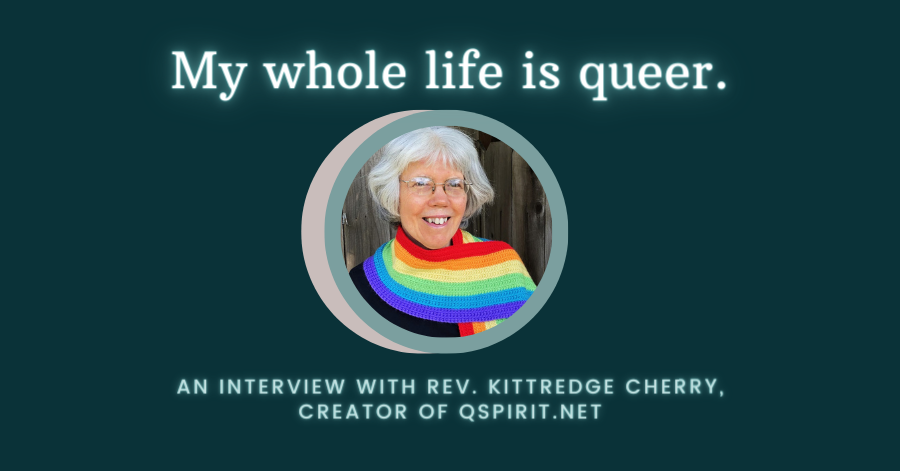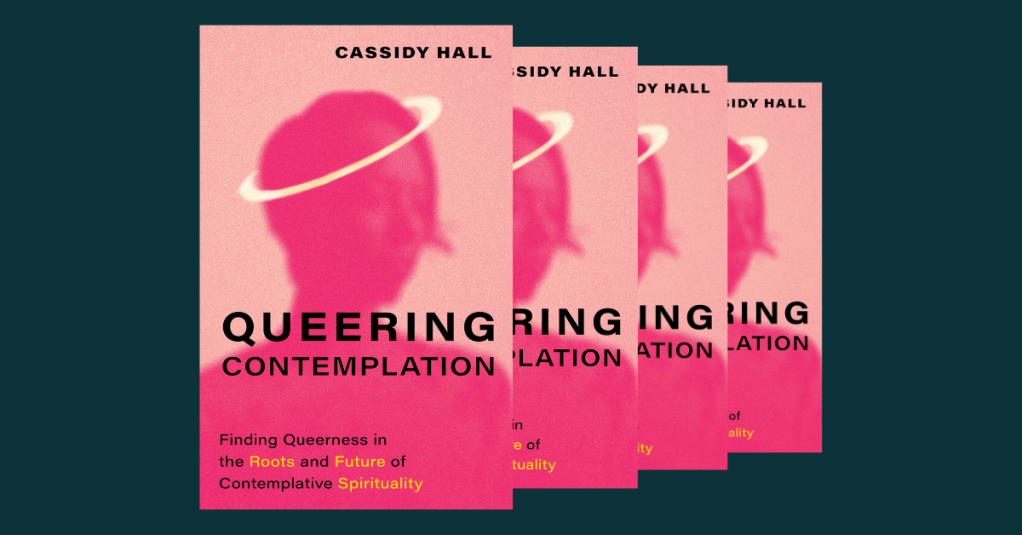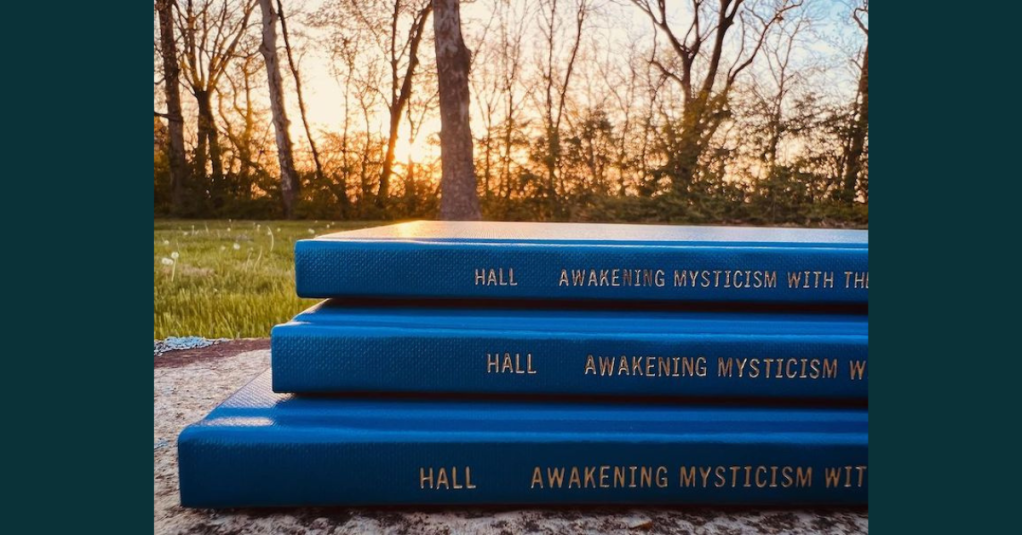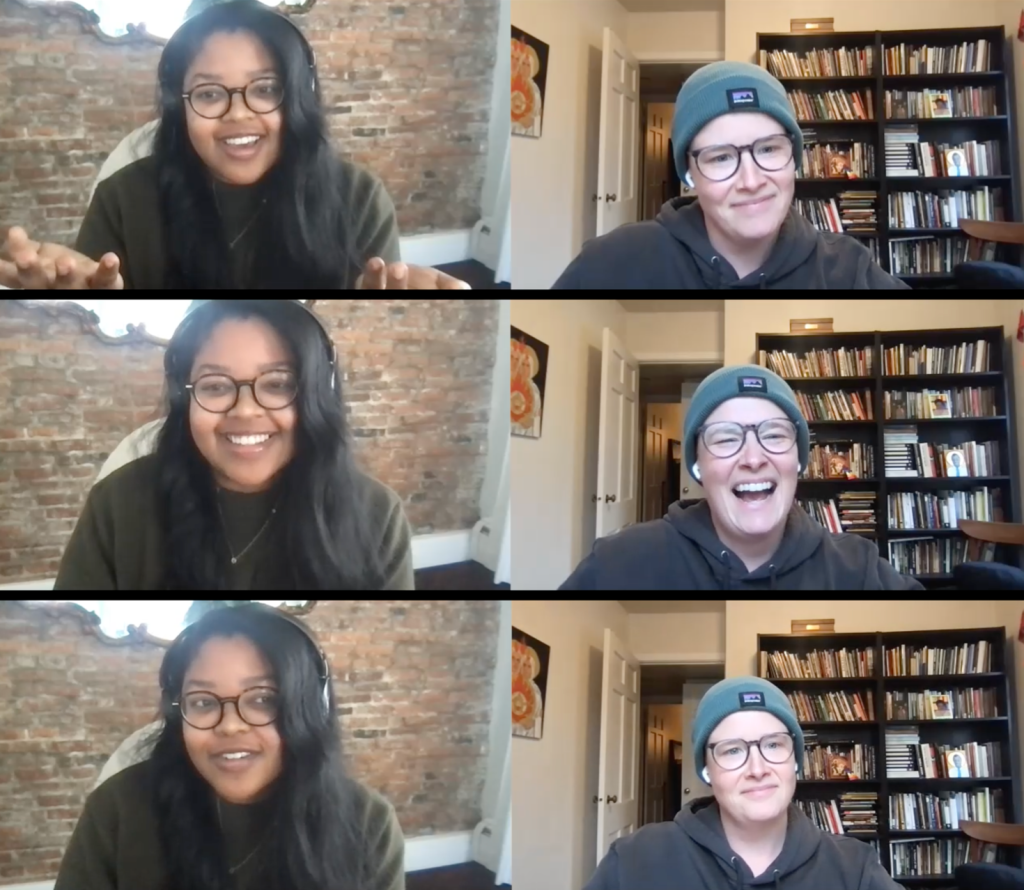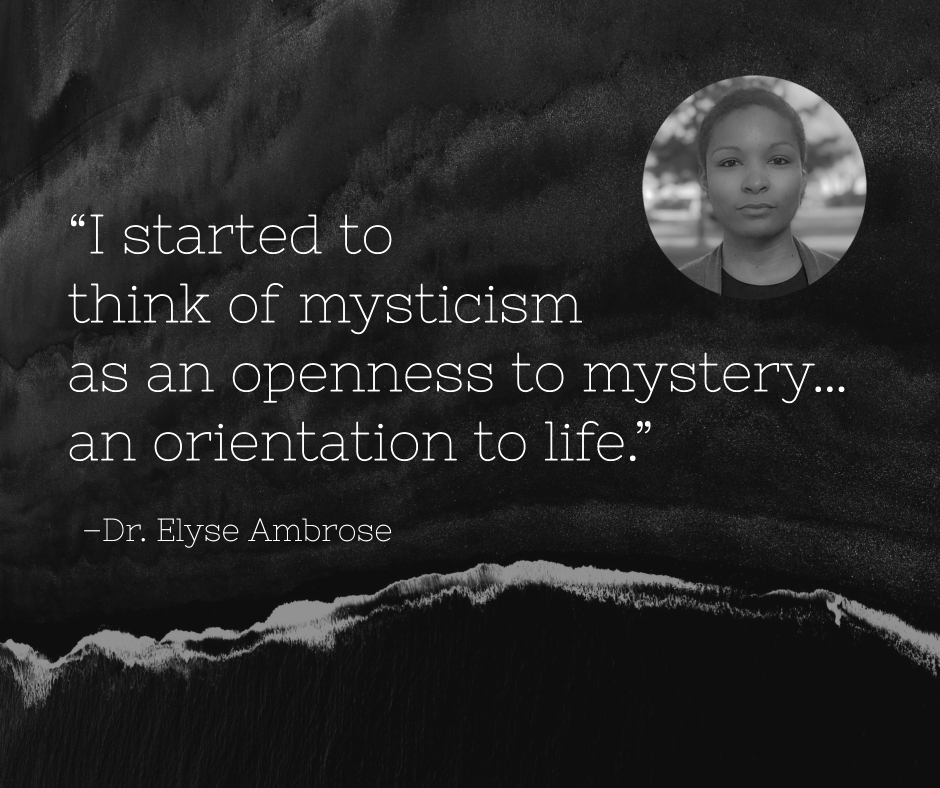contemplation
-
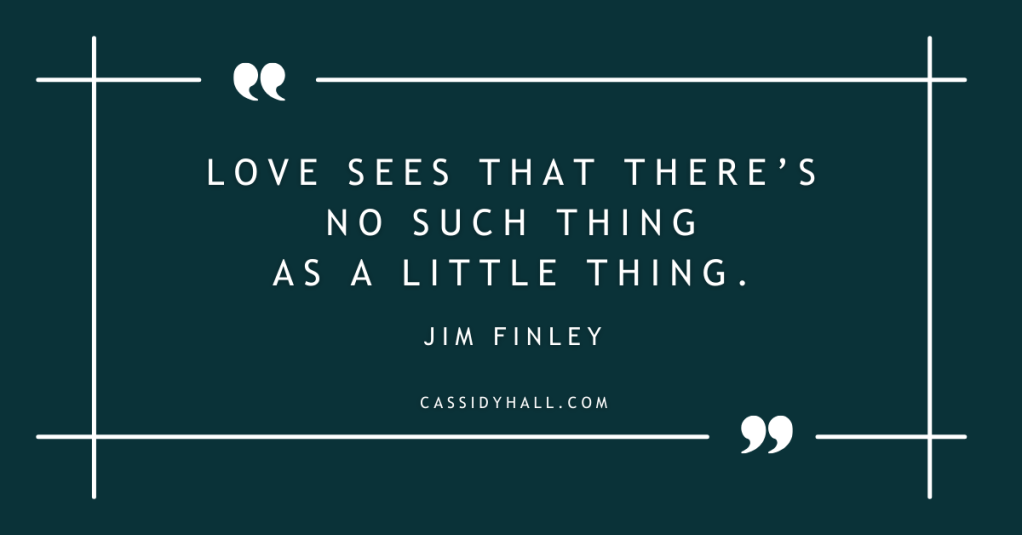
Love Sees That There’s No Such Thing as a Little Thing
“How great it is to be faithful to a little thing,” I remember contemplative psychotherapist Jim Finley reminding me when my phone again randomly selected a track on a walk earlier in the day: “It’s not measurable.
-
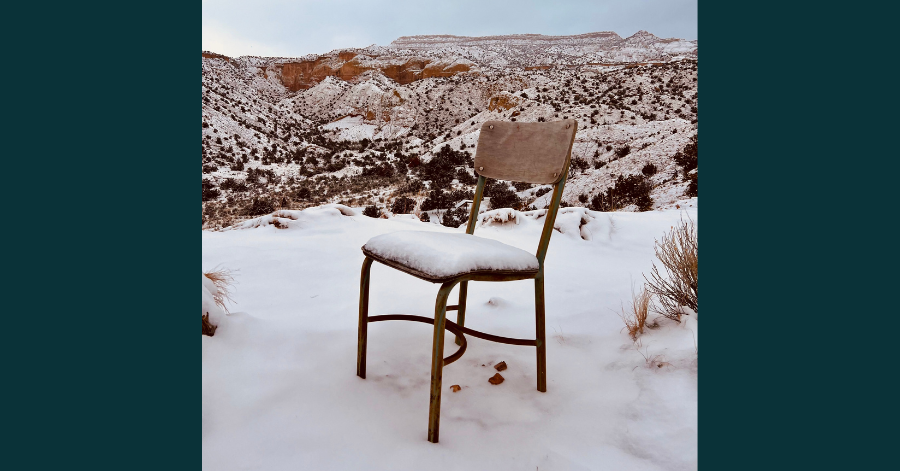
The Truth Takes Care of Us
The very indication of what it means to live a contemplative life is “to have faith that our own heart in its most childlike hour did not deceive us.”
-
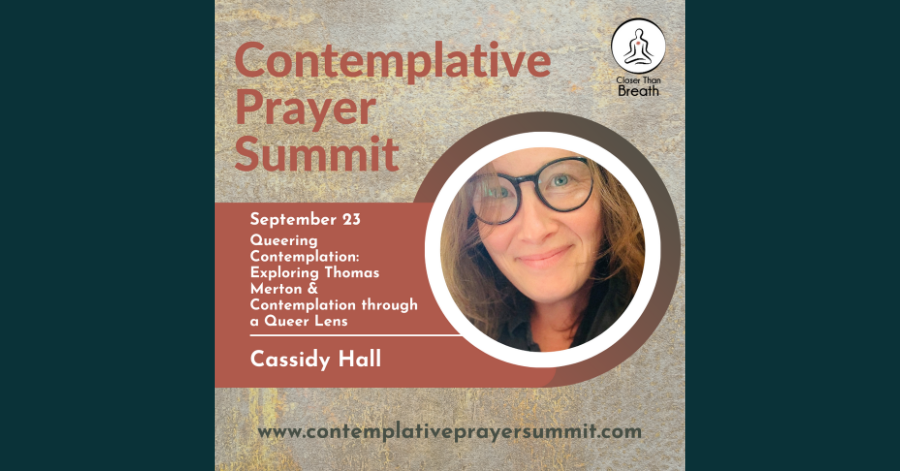
Upcoming Events
You’re invited: Three upcoming events in September and October – September 16, September 23, and October 10th.

